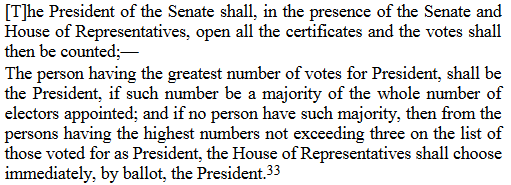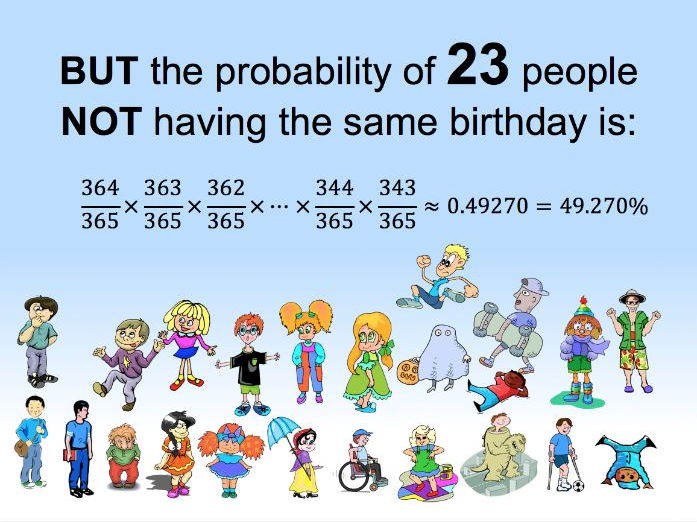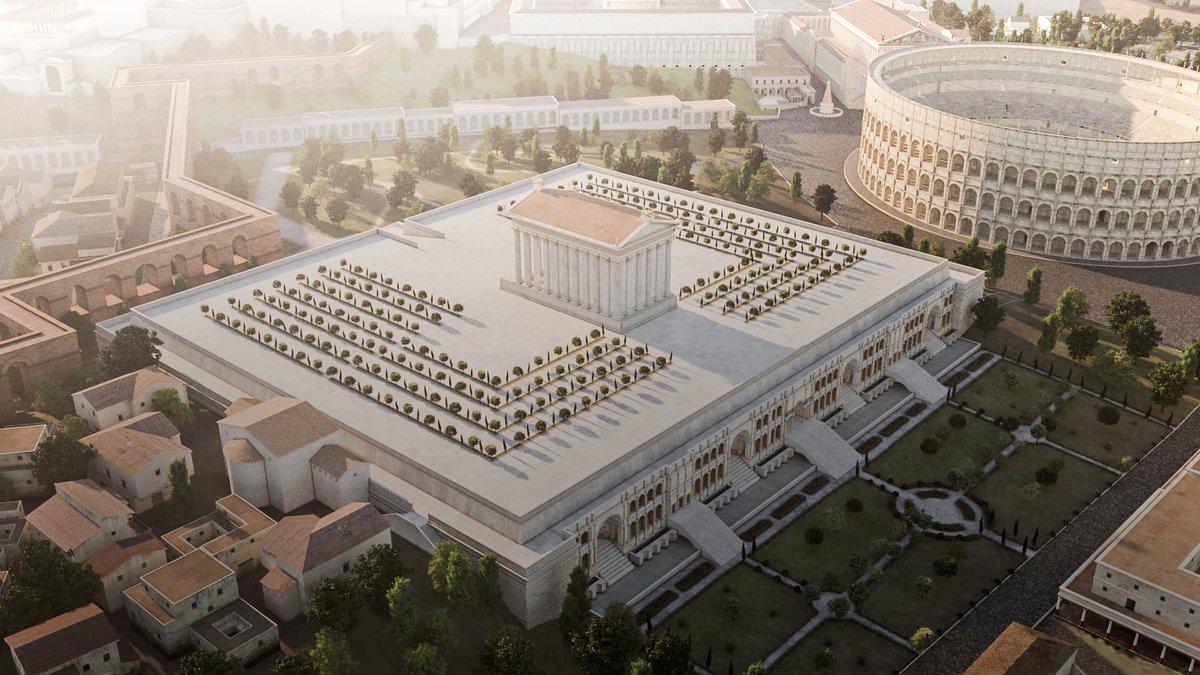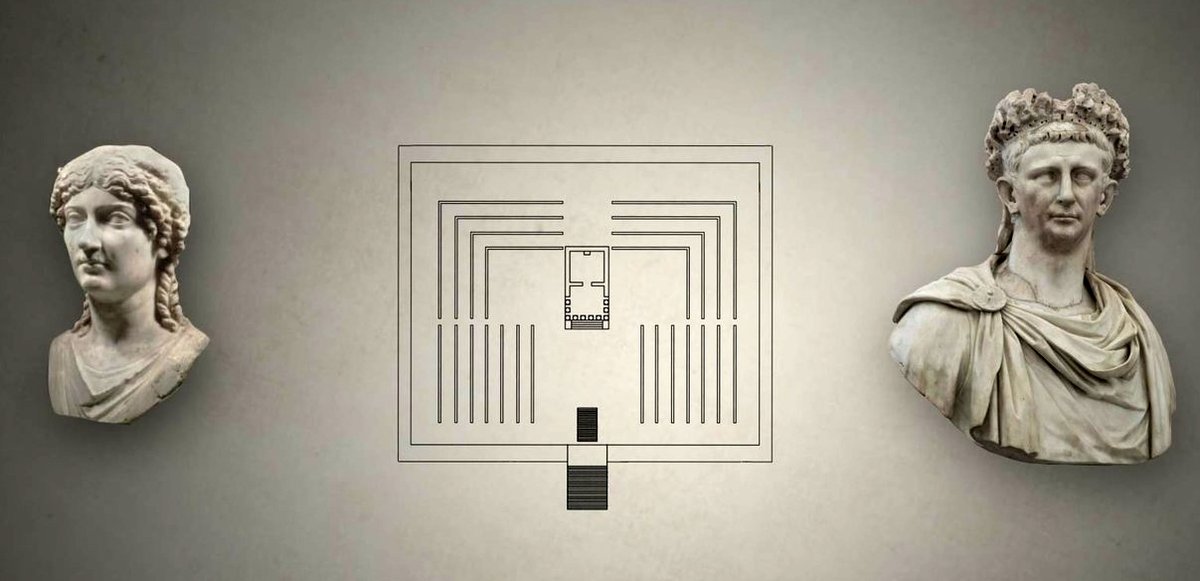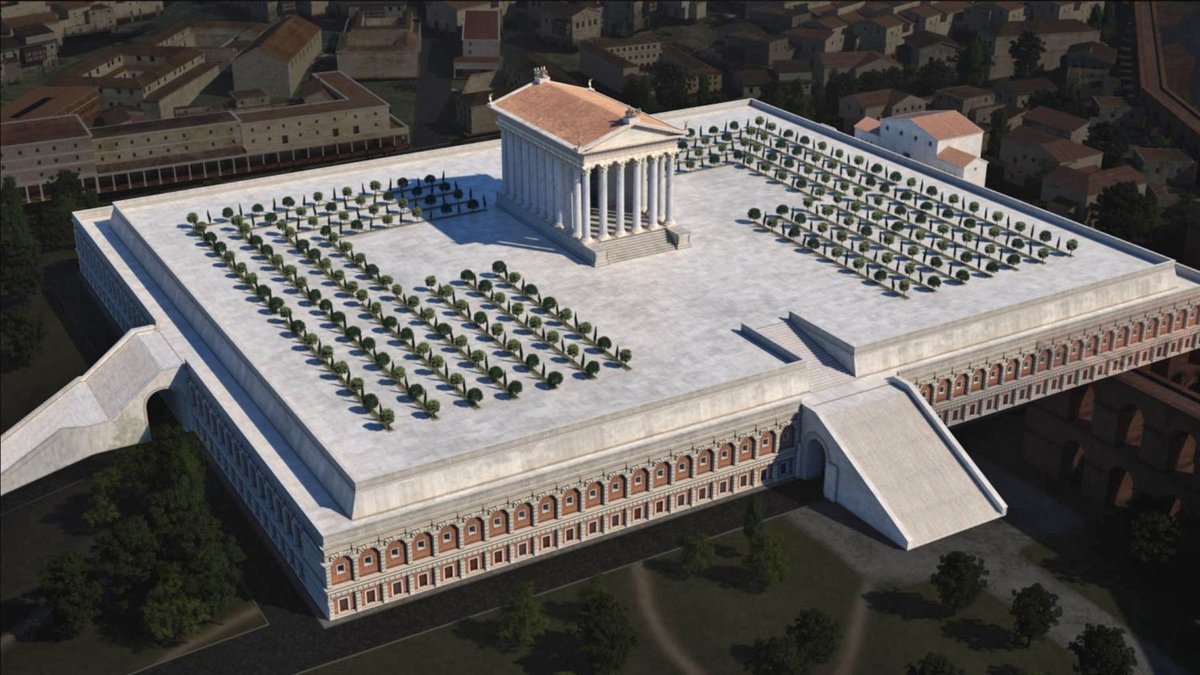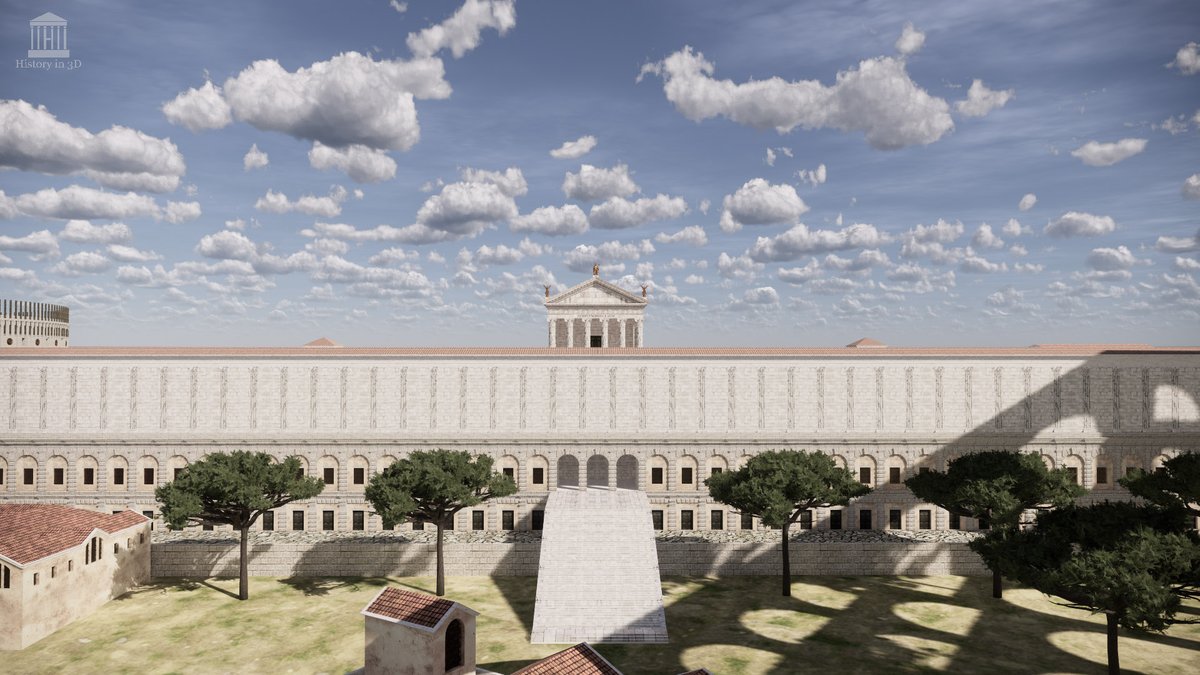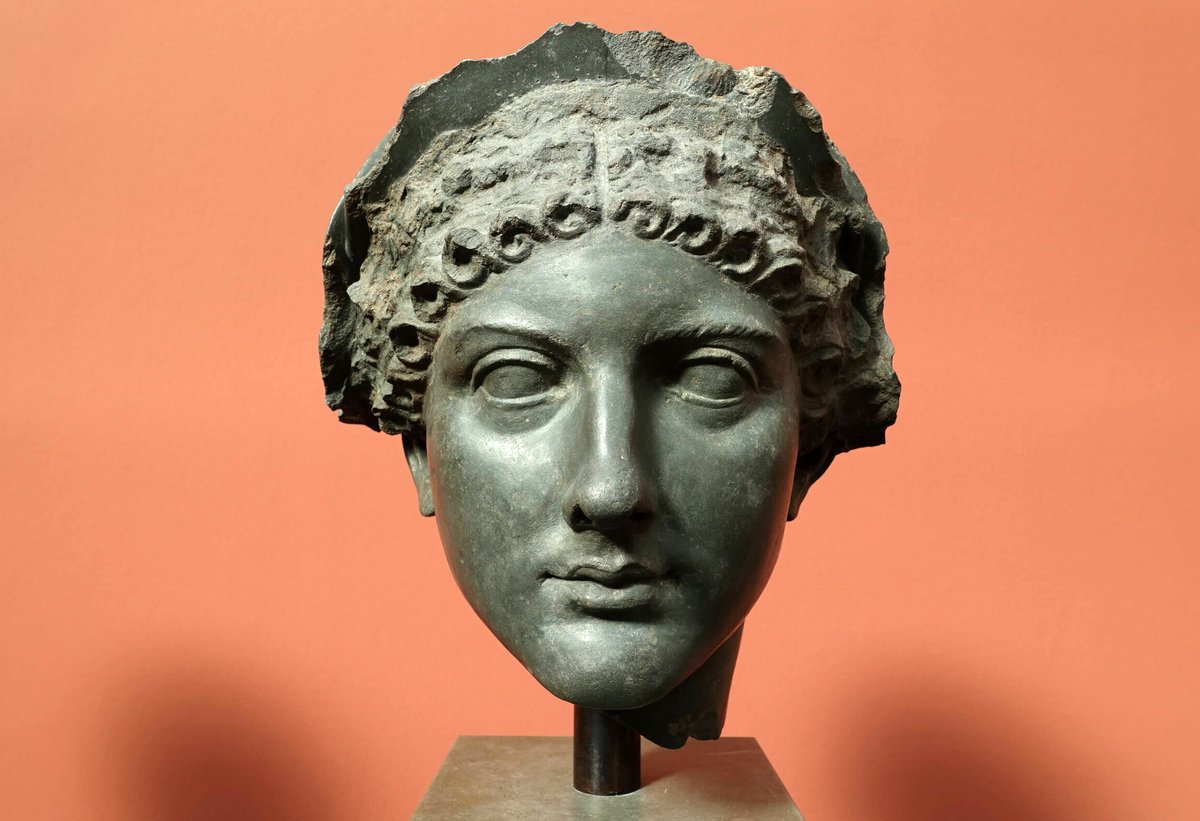1) "Funded by hundreds of millions of dollars from Facebook founder Mark Zuckerberg and other high-tech interests, activist organizations created a two-tiered election
More from Jeff Carlson
Dominion’s system “does not produce a voter-verifiable paper ballot or a paper ballot marked with the voter’s choices in a format readable by the voter because the votes are tabulated solely from the unreadable QR code.”
Witness explaining that on electronic ballots (QR code ballots), it's impossible to determine voter intent. The machine decides the intent, whereas, with paper ballots, a human can double-check the ballot. https://t.co/kkhamio2Je
— The Election Wizard (@Wizard_Predicts) December 30, 2020
Judge also found that Dominion's QR codes are NOT encrypted:
“Evidence plainly contradicts any contention that the QR codes or digital signatures are encrypted,”
This was “ultimately conceded by Mr. Cobb and expressly acknowledged later by Dr. Coomer during his testimony.”
Judge Totenberg said there was “demonstrable evidence” that the implementation of Dominion’s systems by Georgia placed voters at an “imminent risk of deprivation of their fundamental right to cast an effective vote,” which she defined as a “vote that is accurately counted.”
Judge Totenberg found that Dominion Systems inherently could not be audited.
She noted that auditors are severely limited and “can only determine whether the BMD printout was tabulated accurately, not whether the election outcome is correct.“
Totenberg stated in her ruling that a BMD printout “is not trustworthy” and the application of an Risk-Limiting audit (RLA) to an election that used BMD printouts “does not yield a true risk-limiting audit.”
Georgia used RLAs to claim no fraud...
While failing to acknowledge that for a huge swath of Americans, that faith in those same Institutions has been impaired or destroyed.
Congress\u2019s completing its certification of electors \u2014 with our law enforcement heroes having restored order in the Capitol \u2014 at 3:40 AM today shows the strength of American political institutions and represents a victory for the rule of law & constitutional government in America.
— Mike Pompeo (@mikepompeo) January 8, 2021
2) President Trump didn't create this lack of faith. Nor the anger and distrust.
It has long been there, brewing and gathering strength. Precisely because of actions from those same Institutions.
The reactions from the Media & DC to Trump's term solidified those beliefs.
3) We just learned that the IC downplayed the role of China in the election for political purposes.
"Some of our career people, even CIA management, were politicizing China
4) The intentional distractions from China through a laughable focus on false claims of Russian-Collusion did irreparable harm to our country.
To date there has been one conviction for an institutional attempt to impair - even bring down - President Trump's administration.
5) Justice delayed is justice foregone.
Why is it that Justice seems to so lean heavily in one direction?
And why do people pervasively believe the Institutions protect their own?
This "thinking" traces back to Critical Theory, The Frankfurt School, Theodor Adorno & ultimately Antonio Gramsci.
parents are tyrants. "parent" is an oppressive class, like rich people or white people.
— Noah Berlatsky (@nberlat) December 14, 2020
The Frankfurt School employed a technique called Critical Theory – a social theory oriented toward critiquing and changing society as a whole.
The point of the theory is to criticize every traditional social institution – and to specifically avoid offering any alternatives – as a means to breaking down Western Culture.
Theodor Adorno wrote the influential book The Authoritarian Personality which argued that anyone who defended traditional culture was a Fascist.
Sound familiar?
Antonio Gramsci was a Marxist theorist and a founding member of the Communist Party of Italy who created the Theory of Cultural Hegemony. And Counter Hegemony.
Gramsci felt that in order to change society, the entire value systems of Societal Institutions must be overturned.
More from Finance
He has been wrong (or lying) so often that it will be nearly impossible for me to track every grift, lie, deceit, manipulation he has pulled. I will use...

... other sources who have been trying to shine on light on this grifter (as I have tried to do, time and again:
Ivor Cummins BE (Chem) is a former R&D Manager at HP (sourcre: https://t.co/Wbf5scf7gn), turned Content Creator/Podcast Host/YouTube personality. (Call it what you will.)
— Steve (@braidedmanga) November 17, 2020
Example #1: "Still not seeing Sweden signal versus Denmark really"... There it was (Images attached).
19 to 80 is an over 300% difference.
Tweet: https://t.co/36FnYnsRT9

Example #2 - "Yes, I'm comparing the Noridcs / No, you cannot compare the Nordics."
I wonder why...
Tweets: https://t.co/XLfoX4rpck / https://t.co/vjE1ctLU5x

Example #3 - "I'm only looking at what makes the data fit in my favour" a.k.a moving the goalposts.
Tweets: https://t.co/vcDpTu3qyj / https://t.co/CA3N6hC2Lq

👇
Equity/ownership is a force. Getting it in the hands of the right people generously will drive alignment and execution.
— Joey Santoro (@Joey__Santoro) January 21, 2021
It is a joyful and serious responsibility \U0001f332
1/ The discount you offer to strategic investors is both to account for the risk of an unlaunched product, but also as compensation for continued value add and support.
So make sure you know the investor will support you and not leave you on read once the docs are signed!
2/ Having someone on your cap table/ token allocation is as important as hiring.
You wouldn't hire someone just because they are influencers on Twitter- you do your reference checks and find evidence of value add from other companies the investor has invested in.
3/ Don't trust, verify.
Many investors will promise you the world when they're trying to get on your cap table.
Talk to founders they backed to see how much of it is bullshit. Ask them about how the investor was there for them during hard times.
4/ Don't just go for "name brand" funds because you want the brand.
Sure, it's great validation, but optimize for fit, not vanity.
However, I do think many well-known VCs are good actors, especially those with roots in successful trad VCs. They have a rep for a reason!
Below are some updated thoughts on potential integrations, improvements, and innovations for Saffron moving forward. ⬇️
1/11 @saffronfinance_ ($SFI) is DeFi's new kid on the block with its tranched yield product that is already live with DAI on @compoundfinance. https://t.co/JpqnxhwrDw
— Benjamin Simon (@benjaminsimon97) November 19, 2020
2/18 First, if you haven't seen @Privatechad_'s alpha-leaking introductory thread, you should check it out.
I agree that @AlphaFinanceLab and @CreamdotFinance, specifically the Iron Bank, would be ideal targets for SFI risk tranches.
15/. 3. Though not the focus atm, interest from various projects and integrations are happening.
— Private Chad (@Privatechad_) February 1, 2021
* Chainlink reached out (props to the amazing $LINK team).
* Talks with $ALPHA and rumored upon V2 releases there will be a collaboration.
*Cream integrations in v2
* $COMP tranches pic.twitter.com/IXCtzvSkw7
3/18 Speaking more broadly, Saffron is primarily integrated with @compoundfinance, which has served as a MVP of sorts.
The thing is, Compound is one of the safest (but also lowest yield) protocols in DeFi, so it's not surprising that there isn't much demand for the sen. tranche.

4/18 Expanding beyond Compound to higher-risk/higher-return protocols has always been key.
These protocols are the bread-and-butter target market for Saffron, and I would expect to see a surge in demand for senior tranche staking in these
4/11 Imo, the golden egg will be vault platforms like @iearnfinance, @picklefinance, etc.
— Benjamin Simon (@benjaminsimon97) November 19, 2020
Recently, some of these higher risk platforms (e.g. @harvest_finance) have been hit with a wave of attacks.
Saffron will enable cautious investors to use these products with peace of mind.
5/18 Additionally, @DeFiGod1 convinced me that Senior Tranche pools would be more appealing if they offered fixed yield.
Essentially, Saffron would augment the product offerings of @Barn_Bridge by also offering senior stakers insurance in the form of junior tranche collateral.

